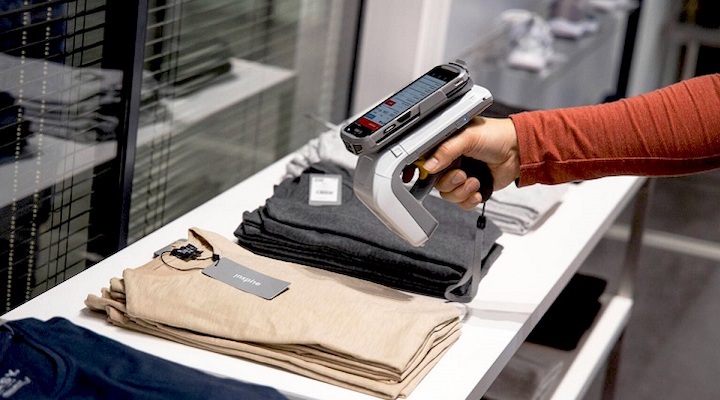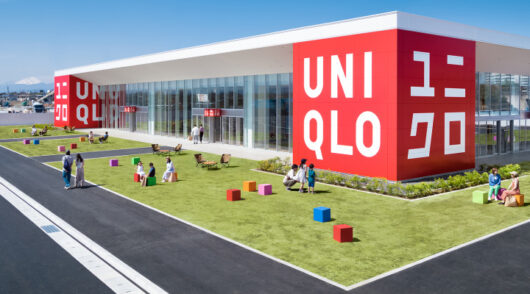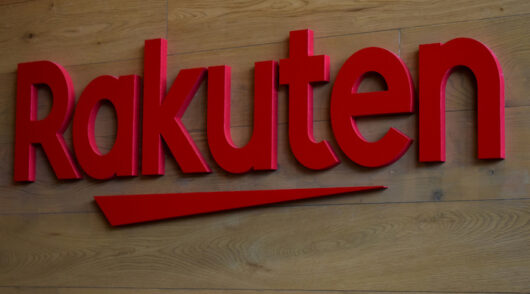Retailers all over the world are rushing to embrace digitalisation to address supply chain disruptions and seize e-commerce opportunities. They have realised the importance of deploying market-proven technology and best-in-class expertise to restore consumer confidence and increase sales.
One company meeting this need is SML, one of the largest providers of end-to-end RFID solutions, labels, and tags. The company serves some of the world’s largest, most renowned apparel and footwear retailers and brand owners.
SML operates in more than 20 countries, providing innovative technology to help hundreds of retailers manage their inventory and optimise their supply chain for maximum efficiency.
“We understand the challenges that retailers face in managing inventory and supply chain operations,” said Dean Frew, chief technology officer and senior VP, RFID solutions at SML. “Our solutions are designed to improve inventory accuracy and operational efficiency, enabling our clients to reduce time spent on manual inventory tasks and serve customers more effectively.”
Clients attest SML’s item-level RFID solutions – which include Inspire labels and tags, as well as Clarity enterprise software – result in transformational improvements in inventory accuracy and consumer experience.
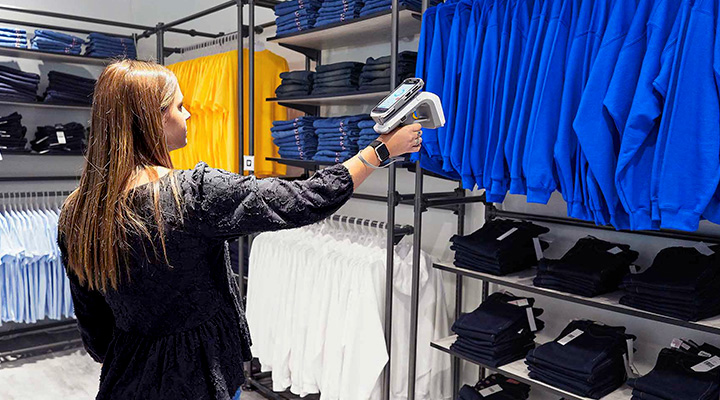
Take Stadium, the Nordic sporting goods retailer for example. Starting in 2018, SML installed item-level RFID technology across Stadium’s 180 retail outlets. This allowed the brand to conduct weekly stock counts in each store, whereas they had to do it annually before. As a result, Stadium has seen an increase in inventory accuracy from 70 per cent to 99 per cent, leading to a dramatic improvement in business performance.
Decathlon, a French sports retailer with 1500 stores, has been working with SML for years and ensuring its network of suppliers adopts SML’s RFID stickers and labels. The resulting item-level tracking has improved inventory management and ensured better availability of goods, while also reducing out-of-stock issues and improving customer service.
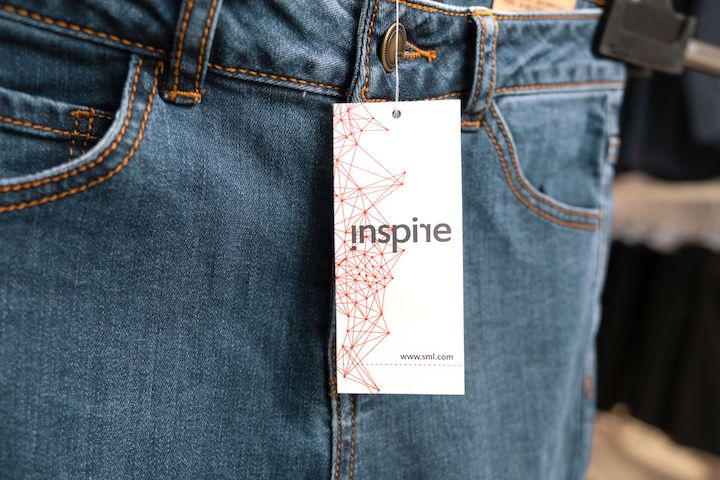
Fashion and homeware retailer Matalan has also deployed SML’s RFID solutions across all its 220 stores in the UK after conducting a six-month pilot across two locations. During the pilot phase, Matalan staff were able to count more than 100,000 items of merchandise in each shop over a three-hour window. The counts were done on a weekly basis, and the counts achieved inventory accuracy of more than 95 per cent.
According to SML’s State of Retail Insight Report Part 1, employees at retailers spend an average of 14.6 hours per week carrying out manual inventory tasks such as counting, finding, and transferring, with some respondents recording up to 36 hours per week on similar tasks. Item-level RFID allows retailers to complete this task in a fraction of the time so that high levels of inventory accuracy can be achieved and maintained.
Products and solutions provided by SML have other far-reaching sustainability benefits. According to research by Ernst & Young, 64 per cent of supply chain executives said that the pandemic would accelerate digital transformation in their businesses. SML’s item-level RFID software Clarity helps reduce inventory in retail supply chains, which lowers manufacturing and logistics costs for retailers. This has a positive impact on the environment by reducing waste and carbon emissions associated with excess production and transportation.
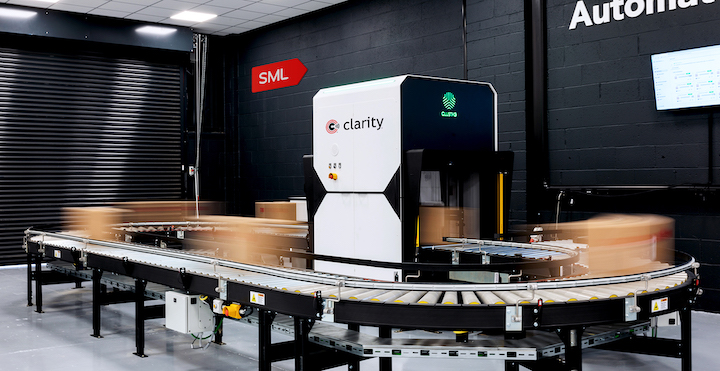
SML’s sustainable labels and tags product line, under the Ecoinspire brand, uses eco-friendly material sources such as discarded plastic bottles, recycled polyester, Forest Stewardship Council (FSC)-certified paper, and organic cotton to help deliver a sustainable solution to retail clients.
Consumer behaviour is evolving worldwide, leading to a drastic shift in the retail sector towards digitalisation. In the current post-pandemic era, companies must embrace technology to stay competitive with the latest shopping options. SML’s expertise has demonstrated that it can enhance the bottom line and provide opportunities for success in the new age of retailing.
- RFID (radio frequency identification) is a form of wireless communication that incorporates the use of electromagnetic or electrostatic coupling in the radio frequency portion of the electromagnetic spectrum to uniquely identify an object, animal or person. https://www.techtarget.com/iotagenda/definition/RFID-radio-frequency-identification

